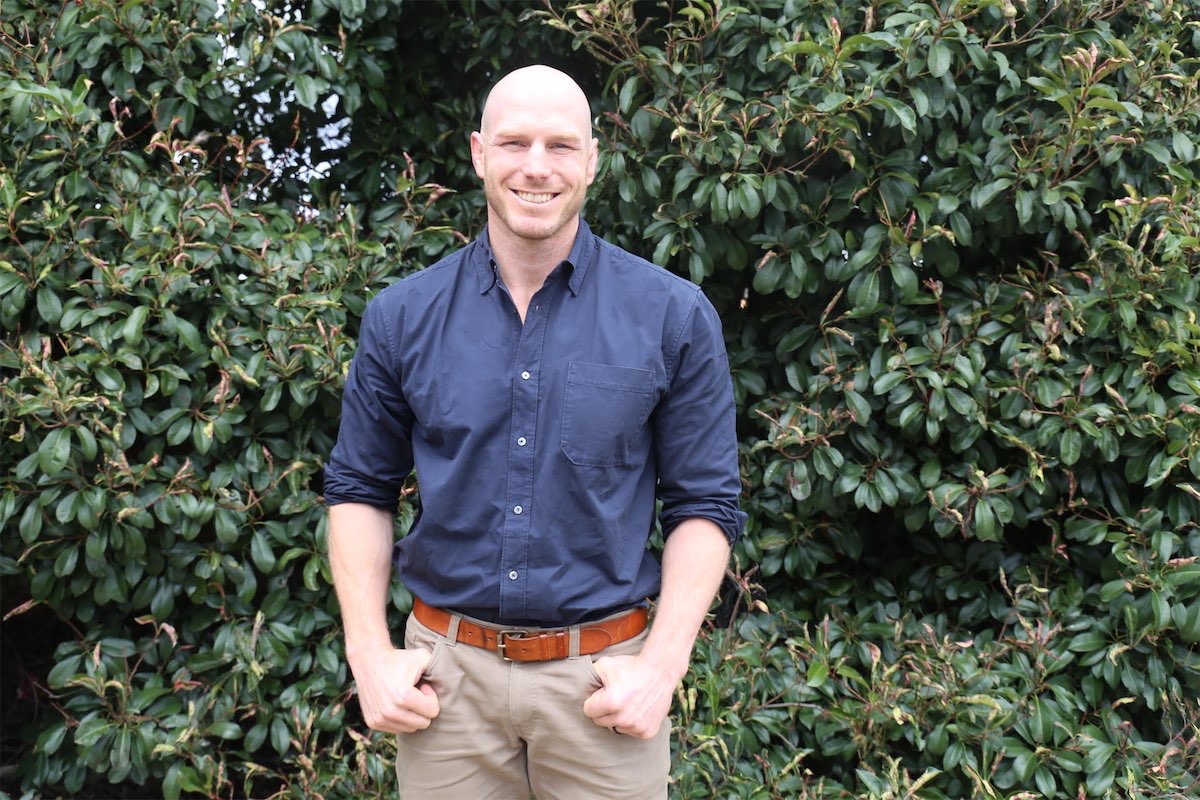
“The grouping as ‘teals’ had the advantage that it demonstrated just how out of step the Liberal Party was with its constituencies on the issue of climate change,” writes political columnist MICHAEL MOORE.
IT is so much easier for the media to group politicians than to accept differences.
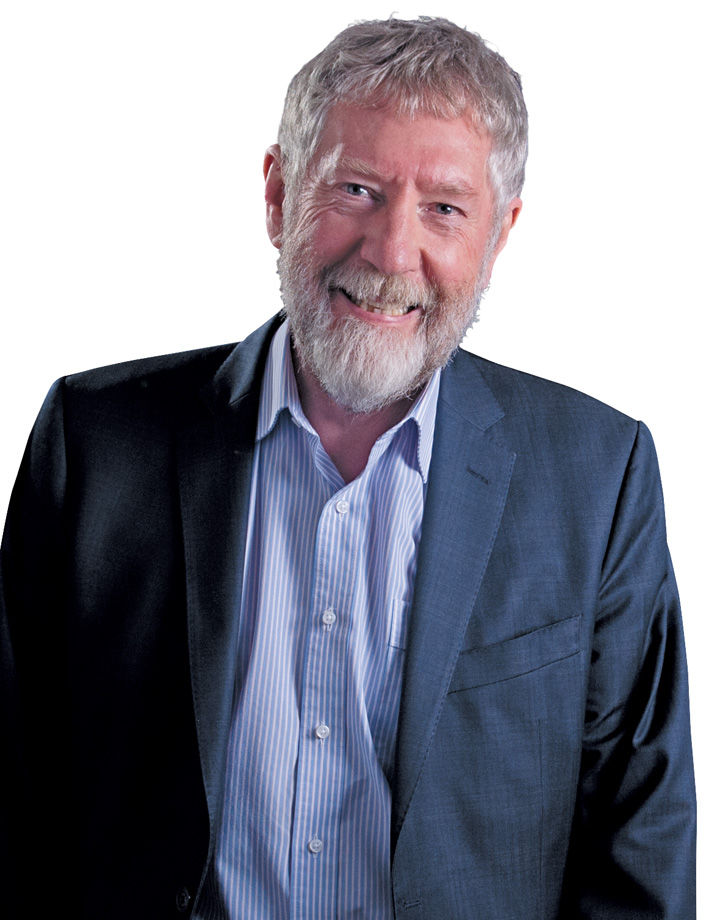
The term “teal” independent was conveniently coined to identify a group of candidates who were running in safe Liberal seats, but were seriously concerned about the environment.
The idea of Liberal (blue candidates) who have taken on Greens politics may have been an attempt to discredit them. The misunderstanding by those conservatives running the Liberal campaigns was that these independents for this election had a strong focus specifically on climate change. In contrast, the Greens Party has a much broader agenda that differed in many ways from the independent candidates.
The grouping as “teals” had the advantage that it demonstrated just how out of step the Liberal Party was with its constituencies on the issue of climate change.
Many were supported financially by philanthropist Simon Holmes à Court and the Climate 200 group. Their success across a number of electorates made the term even more common.
Holmes à Court prefers to use the term “community independents”. He suggested that the term may have been deliberately pejorative “for some commentators, but for many it’s just laziness”. His view is that the term is “pretty neutral, and now perhaps has pretty good ‘brand equity’ as the marketers would say”.
Interestingly, he also pointed out that this was not a colour that was adopted by independents for their own branding. There was quite a diversity of colours across the country with candidates’ individuality on display.
However, apart from the focus on climate action, what do these independents really have in common?
They are all looking for integrity and accountability in politics. Otherwise, is it appropriate to continue to group them as though they form a minor political party? Community support expects them to look at the evidence and use their own judgement issue by issue, so probably not.
The teal terminology was not applied to Cathy McGowan and her successor Helen Haines in the seat of Indi nor to Zali Steggall, who was able to defeat former prime minister Tony Abbott and win the seat of Warringah.
These independents had won their seats before the last election and had demonstrated how successful community independents could be. Haines had a 7.35 per cent swing to her in the 2022 election. This is the sort of swing that changes governments.
Both McGowan and Haines were endorsed and supported by a group of concerned community members, who branded themselves Voice for Indi (V4i). This support was essential in the success and put a lie to a statement of the last Liberal member who held the seat. Sophie Mirabella claimed in the months before her defeat that “the people are not interested in politics”.
In Canberra, a group calling itself proACT, operating much like Voices for Indi, had been working for some years to prepare a campaign provided they could find an appropriate candidate.
ProACT was founded by Glenn Cummings and Clare Doube. The candidate selected by them has not really been seen as a teal independent, although he has much in common with the others who have this label.
The committee of proACT unanimously endorsed David Pocock stating: “David is an outstanding, authentic leader and will be able to reach out to a diverse ACT community and act in support of priorities identified by the proACT community, such as climate impact and integrity.”
How will teal independents exercise their vote? Steggall provides an indication pointing out that when a matter has been controversial enough to be counted (about 20 per cent of legislation) she has voted with the (Morrison) government “over 50 per cent of the time”. One example where she voted against was with regard to increased university fees of students of business, arts and law.
The newly elected community independents may well have a diverse range of views on this issue as well as many others. What they will seek to do is to represent their community. Steggall has set a standard in considering legislation. Is the proposed legislation ethical? Compatible with human rights and international law? Adequate consultation? Sufficient time for debate? Properly scrutinised? Finally, what are the politics behind the bill?
As the newly elected independents in the federal parliament find their feet, it will be interesting to see the differences in the way they consider legislation and other policy issues. With such a slim majority in the House of Representatives and the increasing popularity of independent candidates, this is something the major parties will have to watch very closely.
Michael Moore is a former member of the ACT Legislative Assembly and an independent minister for health. He has been a political columnist with “CityNews” since 2006.
Who can be trusted?
In a world of spin and confusion, there’s never been a more important time to support independent journalism in Canberra.
If you trust our work online and want to enforce the power of independent voices, I invite you to make a small contribution.
Every dollar of support is invested back into our journalism to help keep citynews.com.au strong and free.
Thank you,
Ian Meikle, editor

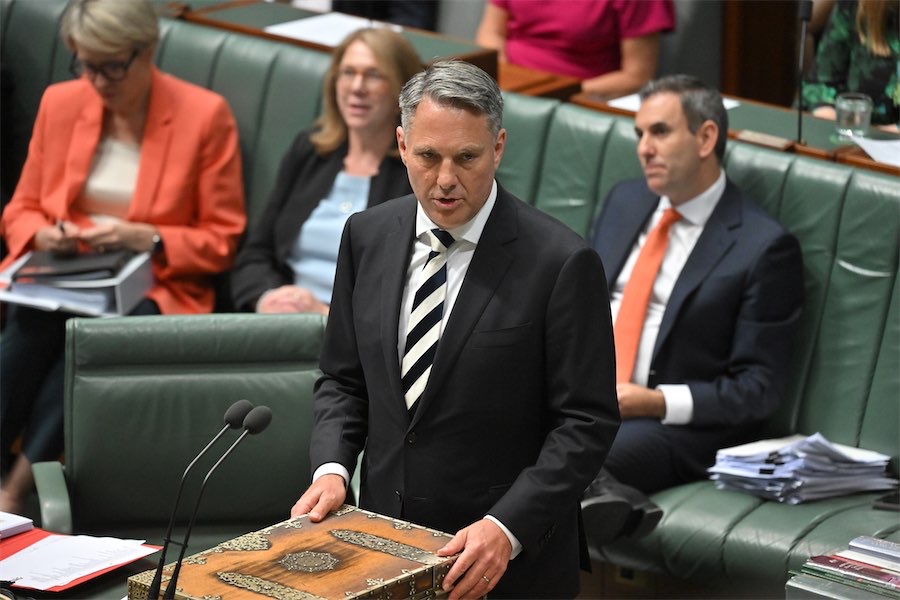
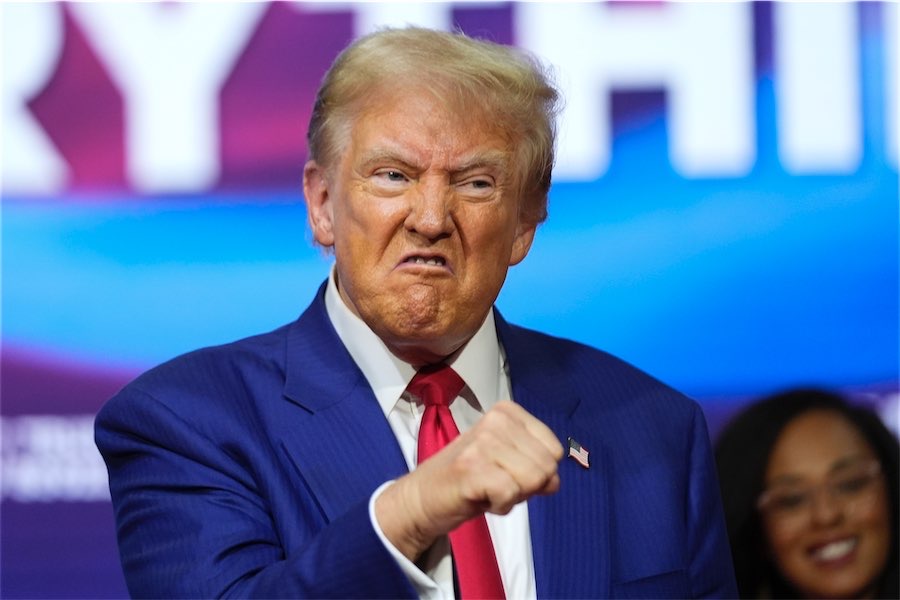
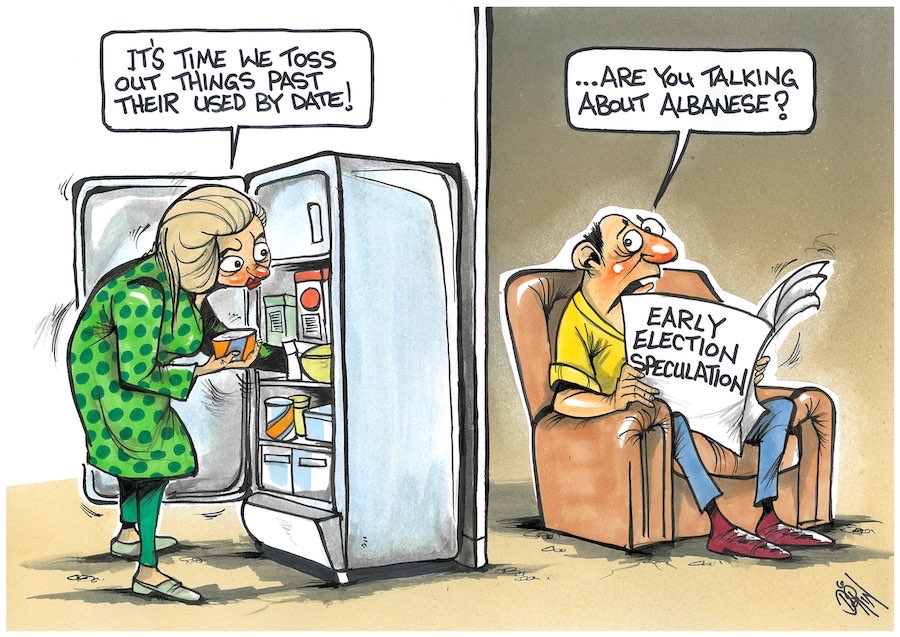

Leave a Reply